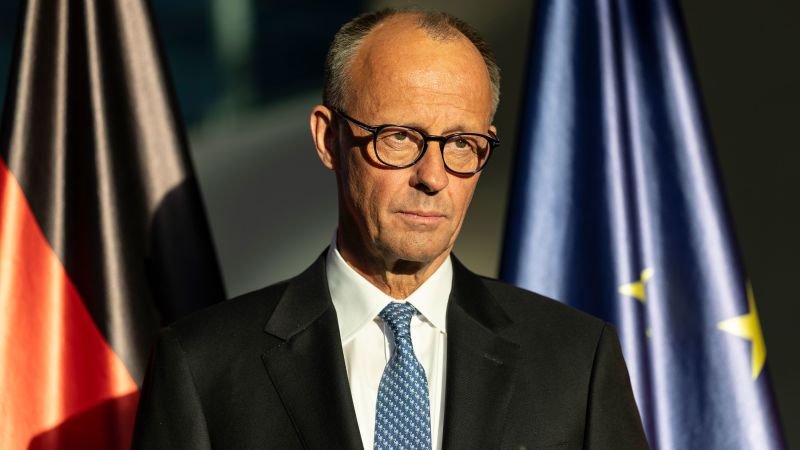Germany's Rare Criticism of Israel's Actions in Gaza: A Shift in Decades-Long Support?

Germany's unwavering support for Israel has been a cornerstone of its foreign policy for decades, deeply rooted in its historical responsibility following the Holocaust. However, recent statements from German leadership questioning Israel's conduct in Gaza are sending ripples through international relations. This is not merely a diplomatic disagreement; it represents a potential shift in a long-standing alliance and raises critical questions about Germany's future role in the Middle East.
The Historical Context: A Debt of Honour
To understand the significance of this criticism, one must appreciate the historical context. Post-World War II, Germany adopted a policy of Vergangenheitsbewältigung – confronting and dealing with the past. This translated into a firm commitment to Israel's security and a reluctance to publicly criticize its actions. This wasn't simply a political decision; it was viewed as a moral imperative, a way to atone for the horrors perpetrated by the Nazi regime. Generations of German politicians, regardless of party affiliation, have upheld this stance, ensuring Israel receives substantial political and economic support.
Why the Current Criticism Matters
The recent criticism, while carefully worded, is notable for its directness. German leaders have expressed concern over the scale of civilian casualties in Gaza and called for adherence to international law. This departs from the traditionally cautious and deferential language employed when addressing Israeli actions. Several factors are likely contributing to this shift:
- Growing International Pressure: The ongoing conflict has drawn widespread condemnation of Israel's military tactics, and Germany, as a major global player, faces increasing pressure to distance itself from actions perceived as disproportionate.
- Domestic Public Opinion: Public sentiment within Germany regarding the conflict is increasingly divided, with a growing number of citizens expressing concern about the humanitarian situation in Gaza.
- Shifting Geopolitical Landscape: The evolving dynamics in the Middle East, including the rise of new regional powers and changing alliances, may be prompting Germany to re-evaluate its long-term strategic interests.
The Implications for the Future
While it's unlikely that Germany will abandon its commitment to Israel's security entirely, this criticism signals a potential recalibration of the relationship. We could see:
- More Public Scrutiny: German leaders may be more willing to voice concerns about Israeli policies in the future.
- Conditional Support: Future aid packages and political backing may be tied to adherence to international law and efforts to protect civilian lives.
- Increased Engagement in Peace Efforts: Germany could take a more proactive role in mediating a lasting peace agreement between Israel and Palestine.
A Delicate Balancing Act
Germany faces a delicate balancing act. It wants to maintain its historical responsibility to Israel while also upholding its commitment to international law and human rights. The current criticism represents a tentative step in that direction, a recognition that unwavering support, without accountability, is no longer sustainable. The coming months will be crucial in determining whether this marks a genuine shift in German policy or merely a temporary expression of concern.






